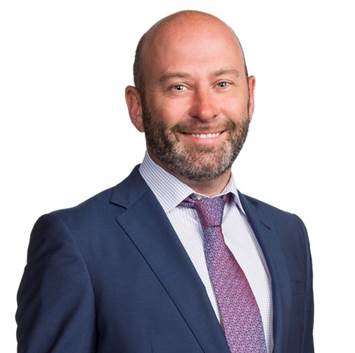A revealing article titled, “The Secret Shame of Middle-Class Americans”, by author Neal Gabler is “going viral” according to Forbes contributor Richard Eisenberg.
Why?
I believe it’s because it strikes a chord with people.
In the article Neal Gabler opens up about his financial woes and shares how he’s not the exception, but part of a growing norm.
Says Gabler, “The Fed asked (survey) respondents how they would pay for a $400 emergency. The answer: 47 percent of respondents said that either they would cover the expense by borrowing or selling something, or they would not be able to come up with the $400 at all. Four hundred dollars! Who knew?
Well, I knew. I knew because I am in that 47 percent.”
He goes on to explain in more detail how he arrived at his current predicament, concluding that the mistakes he made combined with the lack of real growth in wages and lack of financial knowledge led to his money woes.
Says Gabler, “Real hourly wages - that is, wages adjusted for inflation - peaked in 1972; since then, the average hourly wage has essentially been flat.
“The erosion of wages,” continues Gabler,” is something over which none of us has any control. The only thing one can do is work more hours to try to compensate. I long since made that adjustment. I work seven days a week, from morning to night. There is no other way.”
So then, what about Australians? Are we doing any better than the Americans?
Perhaps, but not by much.
According to research, one in five Australians admit that they wouldn’t be able to pull together between $500 and $1000 should an emergency arise.
That’s not good, because as we all know, the unexpected most certainly can and does happen!
If you’re reading this right now and you’re among those Aussies who would struggle to come up with emergency cash, then it’s no small accident you’re stumbling across this topic.
It’s time to make a shift. A shift from financial insecurity to financial independence.
It’s time to make a plan.
Start with where you’re at now, financially speaking.
Do you routinely overspend? Do you even know if you’re living within your means or do the revolving balances on your credit cards hide your true situation?
Once you’ve narrowed down what your spending, saving and investing (don’t forget super) looks like, it’s time to consider your options, which are pretty clear cut and straightforward.
1. Slash expenses
2. Increase income
3. Do both 1 and 2
I highly recommend option number three!
Of course it is possible to increase your income without a second… or third job. You simply need to create a revenue stream, such as that provided by real estate investing.
So let’s say you’ve already cut your expenses...deep...as in “cancelling your pay tv” deep, and you still can’t seem to get ahead.
Obviously then you’ll also want to increase your income, but if you’re like many people, your hours are already stretched to their breaking point. You’d have to consider giving up sleep to work anymore than you already are.
So, now what?
First things first. Relax. Stress can be a real killer, so take a walk, have a chat with a friend...whatever it takes to de-stress.
Then, start talking to the experts, the people who have done all this before and can show you how to follow in their footsteps…
For more tips and strategies, come along to our next Property Investor Night. These FREE events are packed with information you need to succeed in today’s real estate market.
Seats fill up fast, so book yours now!
 Sam Saggers is CEO of Positive Real Estate and Head of the buyers agency which annually negotiates $250 million-plus in property. Sam's advice is sought-after by thousands of investors including many on BRW’s Rich 200 list. Additionally Sam is a published author and has completed over 2000 property deals in the past 15 years plus helped mentor over 2200 Australian investors to real estate success!
Sam Saggers is CEO of Positive Real Estate and Head of the buyers agency which annually negotiates $250 million-plus in property. Sam's advice is sought-after by thousands of investors including many on BRW’s Rich 200 list. Additionally Sam is a published author and has completed over 2000 property deals in the past 15 years plus helped mentor over 2200 Australian investors to real estate success!
Read more expert advice articles by Sam
Disclaimer: while due care is taken, the viewpoints expressed by contributors do not necessarily reflect the opinions of Your Investment Property.
Want to know more? Both experienced and first time investors tell us they get invaluable information from these education events. No matter what type of investor (or potential investor) you are, we have solutions for first home buyers, working families and even investors planning for retirement to name a few. Click here to book your seat now.